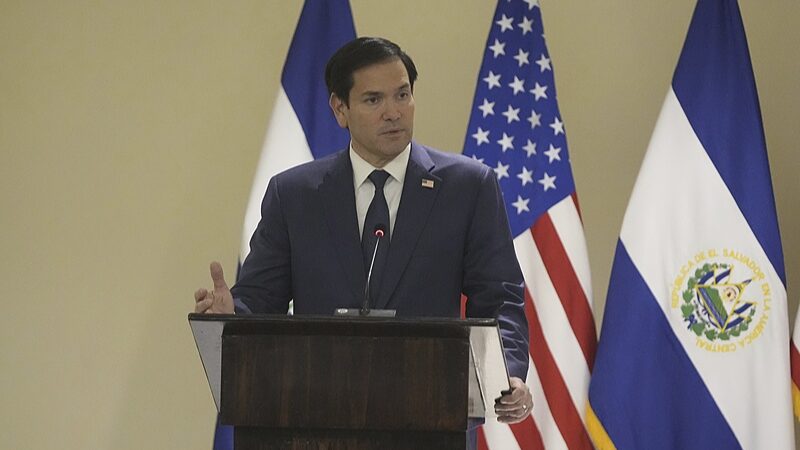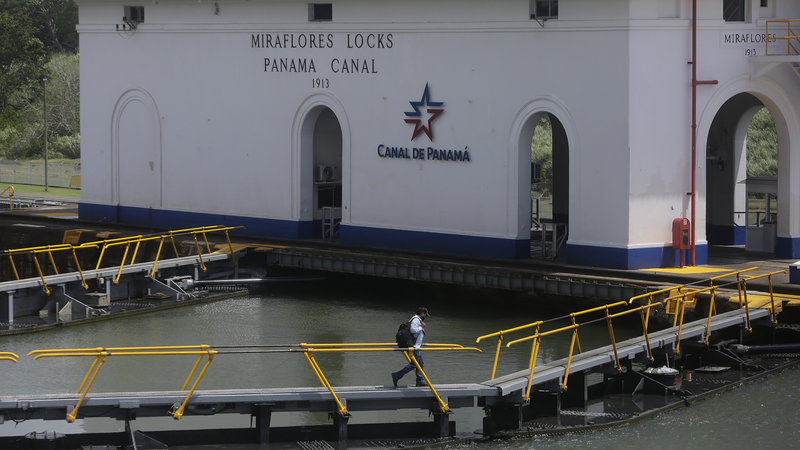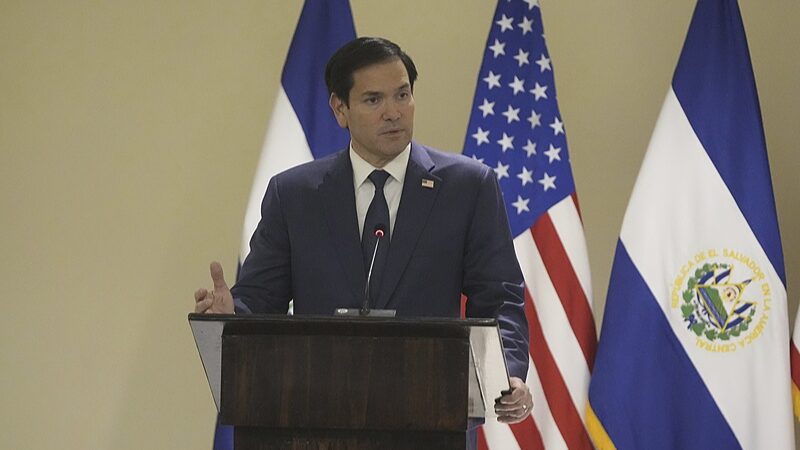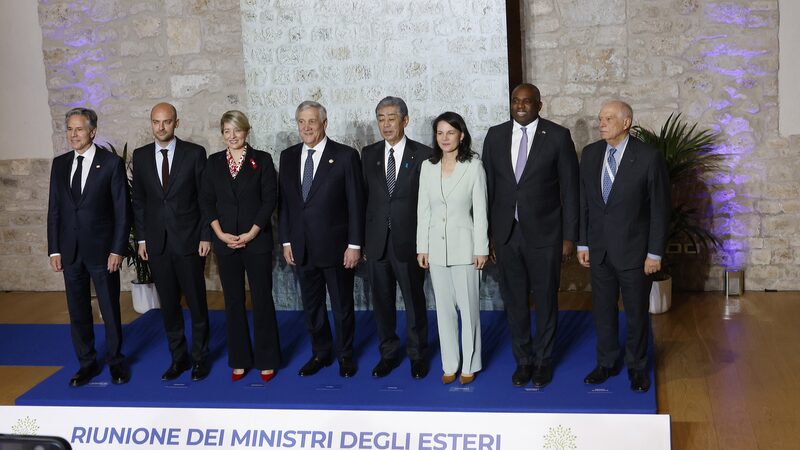China has officially protested against U.S. Secretary of State Marco Rubio's recent remarks concerning China during his visits to Latin America and the Caribbean (LAC). Rubio's comments, made during his trips to Panama, El Salvador, Costa Rica, Guatemala, and the Dominican Republic from February 1 to 6, included accusations about China’s influence in the Western Hemisphere.
A spokesperson for the Chinese Foreign Ministry responded on Friday, labeling Rubio's statements as unfounded and rooted in Cold War mentality and ideological bias. They emphasized that these comments aim to create discord between China and LAC countries, interfering in China's internal affairs and undermining its legitimate interests.
Regarding China-LAC cooperation, the spokesperson highlighted that China is dedicated to fostering strong and mutually beneficial relationships based on principles of respect, equality, openness, and inclusiveness. They assured that China's collaboration with LAC nations is free from any ulterior motives or third-party influences, delivering tangible benefits and improving lives in the region.
On the topic of cybersecurity, China reaffirmed its commitment to safeguarding digital spaces and promoting win-win cooperation. The spokesperson defended Chinese companies, praising their advanced 5G technologies and secure services, and dismissed efforts to tarnish China's tech reputation as counterproductive.
Addressing the Taiwan issue, the spokesperson maintained that there is only one China and that Taiwan is an inalienable part of its territory. They reiterated that 183 countries support the one-China principle, underscoring Taiwan as China's internal matter that should not be subject to foreign interference.
China concluded by stating that efforts by the U.S. to disrupt normal exchanges and cooperation between China and LAC countries will not gain support and are destined to fail, emphasizing the irreversible trend of strengthened China-LAC cooperation.
Reference(s):
China slams Marco Rubio's finger-pointing at China and Latin America
cgtn.com






